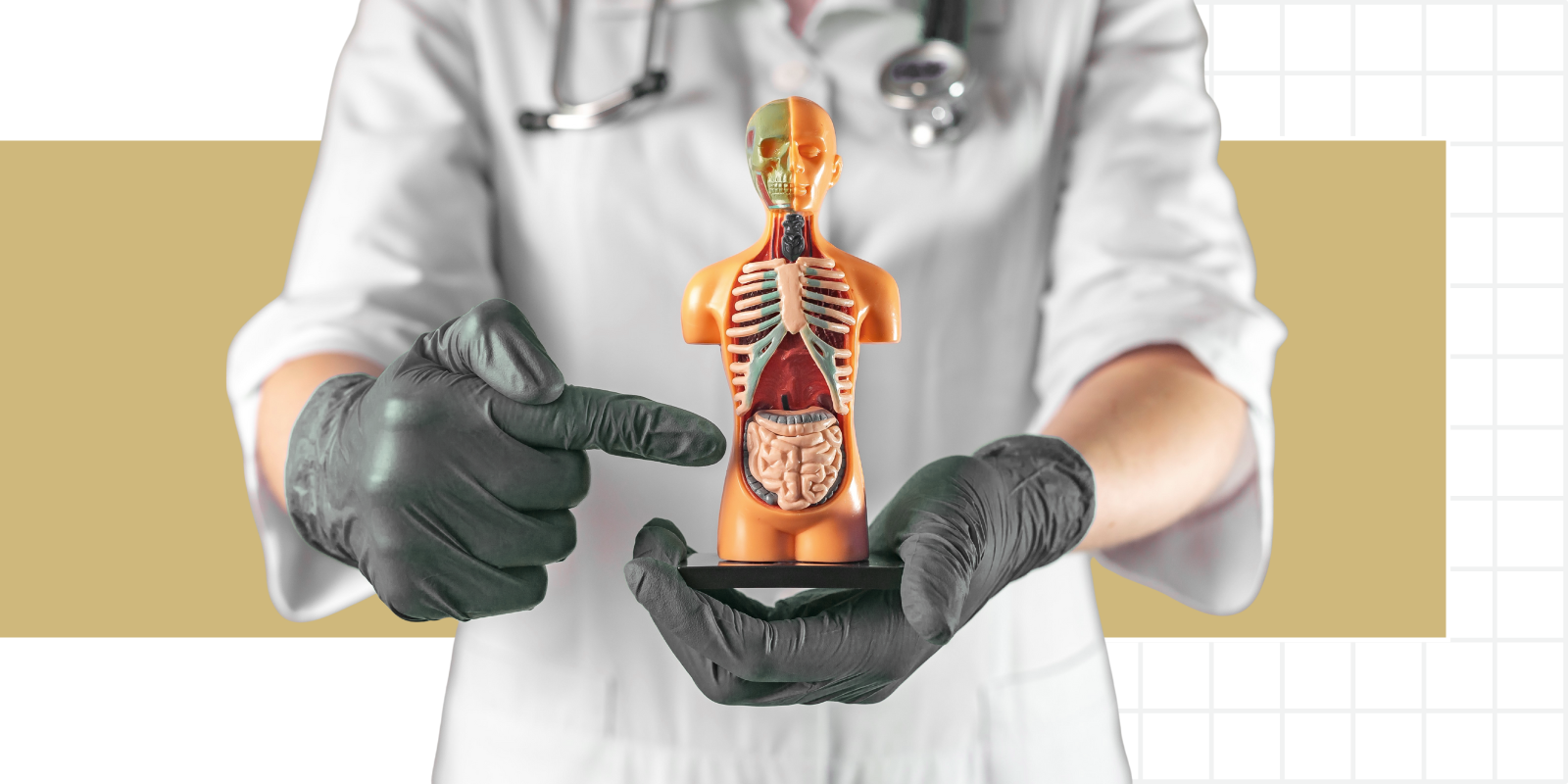
Diagnosed with stage 3 colorectal cancer at just 38 years old, Jimmy Zannon was a far cry from the “typical” patient. Colorectal cancer was once (and often is still) considered a disease of the elderly. With the average age of diagnosis being 68 in men and 72 in women, it’s no surprise that people find it hard to believe colorectal cancer is diagnosed in individuals in their 20s and 30s.
The thing about colorectal cancer is that many of the symptoms associated with it can often be explained by other medical problems, such as constipation or irritable bowel syndrome (IBS). It makes sense that medical professionals do not always jump to cancer when they have a young patient presenting with seemingly common problems.
“I started to notice blood in my stool and didn’t think much of it,” says Jimmy. “After a few months I went in to my primary care physician and he diagnosed me with an external tear.”
After a few more months, Jimmy noticed that the symptoms were getting more severe and more frequent. He went back in to the doctor and, upon examination, decided that there was not tear and that Jimmy needed to see a GI specialist and get a colonoscopy.

“I scheduled the colonoscopy for July of 2017 but cancelled it when I found out it was not covered by my insurance and the cost was incredibly high,” he explains. “It took my wife basically kicking me in the butt to finally go in for the procedure in the fall when my symptoms continued to get worse.”
Currently, insurers are not required to cover colonoscopies for people under 50. Even with the American Cancer Society now recommending that people start their screening at 45, many insurances will not cover the procedure until they are 50 years old.
“I went in to the colonoscopy thinking I had a bleeding hemorrhoid and came out with stage 3 cancer,” says Jimmy. “No one, not me, not my GI specialist, not my wife could believe it. I have no history of the disease in my family and am a relatively healthy guy. It was shocking.”
After doing some research and talking to people in the medical community (Jimmy’s wife works at Children’s Hospital Colorado on the University of Colorado Anschutz Medical Campus), the pair decided that Jimmy would get the best treatment at the University of Colorado Cancer Center under the care of Christopher Lieu, MD.
Between 15 weeks of infusion chemotherapy combined with oral chemotherapy twice a day, every day, five weeks of five-day-a-week radiation, and a surgery to remove two inches of his colon plus 15 lymphnodes, Jimmy had, in his own words, “a whirlwind of treatment”.
“I have two young kids, a wife, and a career. It was scary going in to treatment knowing that I was the main provider for my family and not knowing how it was going to affect us.,” he says.
Jimmy was able to keep working for the duration of his treatment. Side effects from the chemotherapy were minimal and included neuropathy and fatigue.

“After the final part of my treatment plan, which was the surgery, I took a month off of work and then got right back in to my normal life again,” says Jimmy. “In that aspect, I consider myself very lucky.”
As of December of 2018, Jimmy has no cancer in his body.
“I am feeling good,” he says. “There is always a little bit of fear knowing that there may still be something microscopic that could lead to more cancer, but for now I am just beyond grateful to be here and have my health back.”
Now, Jimmy wants to help spread the word of the increasing early onset colorectal cancer epidemic.
“If you have symptoms, please be an advocate for yourself,” he says. “Listen to your wife, listen to your body, and get yourself checked out.”



